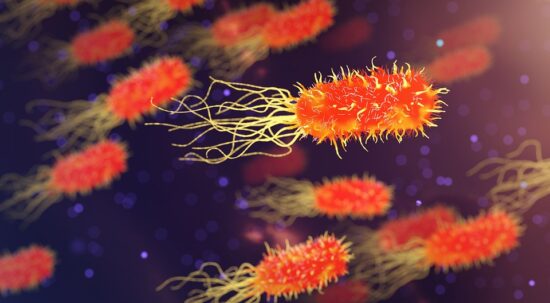Scientists discover how bacteria use electrical spikes to tolerate antibiotics
Researchers have uncovered how some bacteria use electrical spikes to overcome antibacterial drugs, potentially leading to ‘superbugs’ that are resistant to antibiotics.
The study, led by a team at the University of York and Peking University, reveals how bacteria—many of which can cause debilitating diseases—exhibit short-lived electrical spikes very similar to those found in nerve cells, and use these to help evade the killing effects of antibiotics.
The team of scientists created new types of indicator dyes that could be directly spliced into the genetic code of bacteria whose fluorescence could then be used to measure the electrical voltage across the membranes of individual cells.
AMR NEWS
Your Biweekly Source for Global AMR Insights!
Stay informed with the essential newsletter that brings together all the latest One Health news on antimicrobial resistance. Delivered straight to your inbox every two weeks, AMR NEWS provides a curated selection of international insights, key publications, and the latest updates in the fight against AMR.
Don’t miss out on staying ahead in the global AMR movement—subscribe now!







